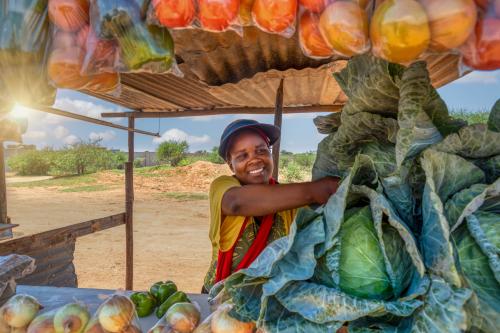At Boise State University in Idaho, Mark Muro discussed how the Boise region might reposition its transitioning economy to better prosper in an export-oriented, lower-carbon, innovation-powered next economy.
Well, good morning! It’s really great to hear so much “sustainability” talk in this beautiful room, with these incredible views of your sensible city against the backdrop of those beautiful mountains.
It’s great to get my next fix of mountains and Western metros.
Anyway, I first want to thank Jonathan and New West, and COMPASS, and Dr. Kustra for hosting and those nice remarks, as well as the whole Boise State gang—Melissa Lavitt, Susan Mason, and the rest of you.
It is gratifying that all of you a number of others in the region seen the relevance of the way we think about the West.
As a Westerner from Seattle who also lived nearly a decade in Tucson it just feels good to enjoy the hospitality of good Western people.
Anyway I’m Mark Muro, a senior fellow and the policy director of the Metropolitan Policy program at the Brookings Institution, and the co-director of Brookings Mountain West, a new partnership between Brookings and the University of Nevada at Las Vegas.
Brookings Mountain West is our attempt at Brookings to get out of Washington and engage in one of the most dynamic multi-state regions in the nation, both to conduct research useful to you but also to learn from you. Ultimately we hope to be part of the six-state region at once coming to understanding itself better but also gaining a stronger voice and clout in national discussions.
And so I want to pledge my help and that of Brookings Mountain West as this region tries to a set a course for the next era of vibrant, sustainable, and equitable growth.
I know it’s a time of concern and questioning and wondering about what comes next; I thought what I should do is try to speak to that.
Because this is a real gut-check moment as the nation and Idaho grope onward into a kind of halting, sluggish recovery.
More and more it feels like we’re staring at a bona fide “inflection point” in history, a deciding time, which I know is why you are here today.
You’re here in many respects because it’s become clear neither the state nor the region can go on in the same way, can’t continue as it always has, and has realized it needs to remake its fiscal system in order to flourish in a new environment.
After all, lasting changes in U.S. industry structure, spending patterns, and economic behavior all look very much to have set up the conditions for a kind of historic, national “reset,” in which the nature of the economy shifts with huge implications for all places.
Moreover, it’s very likely that the present time of change will beget—in some places—innovation, and—in other places—erosion.
And that means that what matters now is how places like Boise and the state of Idaho respond.
Can Boise and the state respond decisively to invent a new future, a new and renewed New West?
Or will you simply wait to be saved by the business cycle and a hoped-for return to business-as-usual?
I would submit that the latter course would not be wise.
The Brookings Institution is committed to quality, independence, and impact.
We are supported by a diverse array of funders. In line with our values and policies, each Brookings publication represents the sole views of its author(s).


Commentary
Reclaiming Prosperity in the Treasure Valley: Designing a Sustainable Future in the New West
June 4, 2010